How To Get Rid Of Wasps In The Garden
Two issues in summer can hamper your enjoyment of your garden: hay fever and wasps. While the former of those two isn’t something we can advise on, here at Pest Defence, we do happen to be experts when it comes to wasps.
With that in mind, we’ve created this guide to help you get rid of wasps in the garden without getting stung this summer. That means you’ll be able to relax in peace with your family, whether that’s games with the kids or hosting friends for a quiet evening.
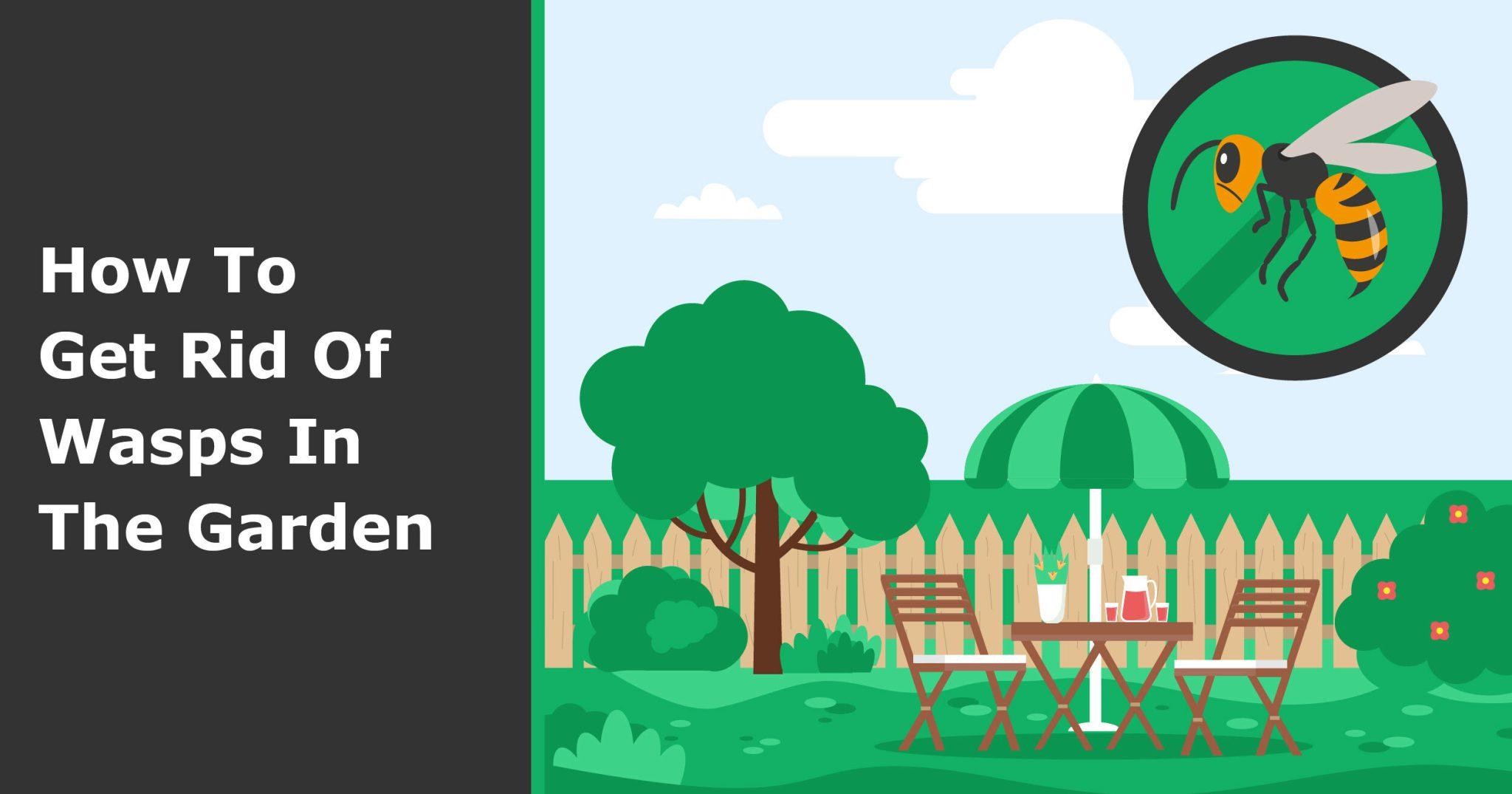
Why are wasps attracted to my garden?
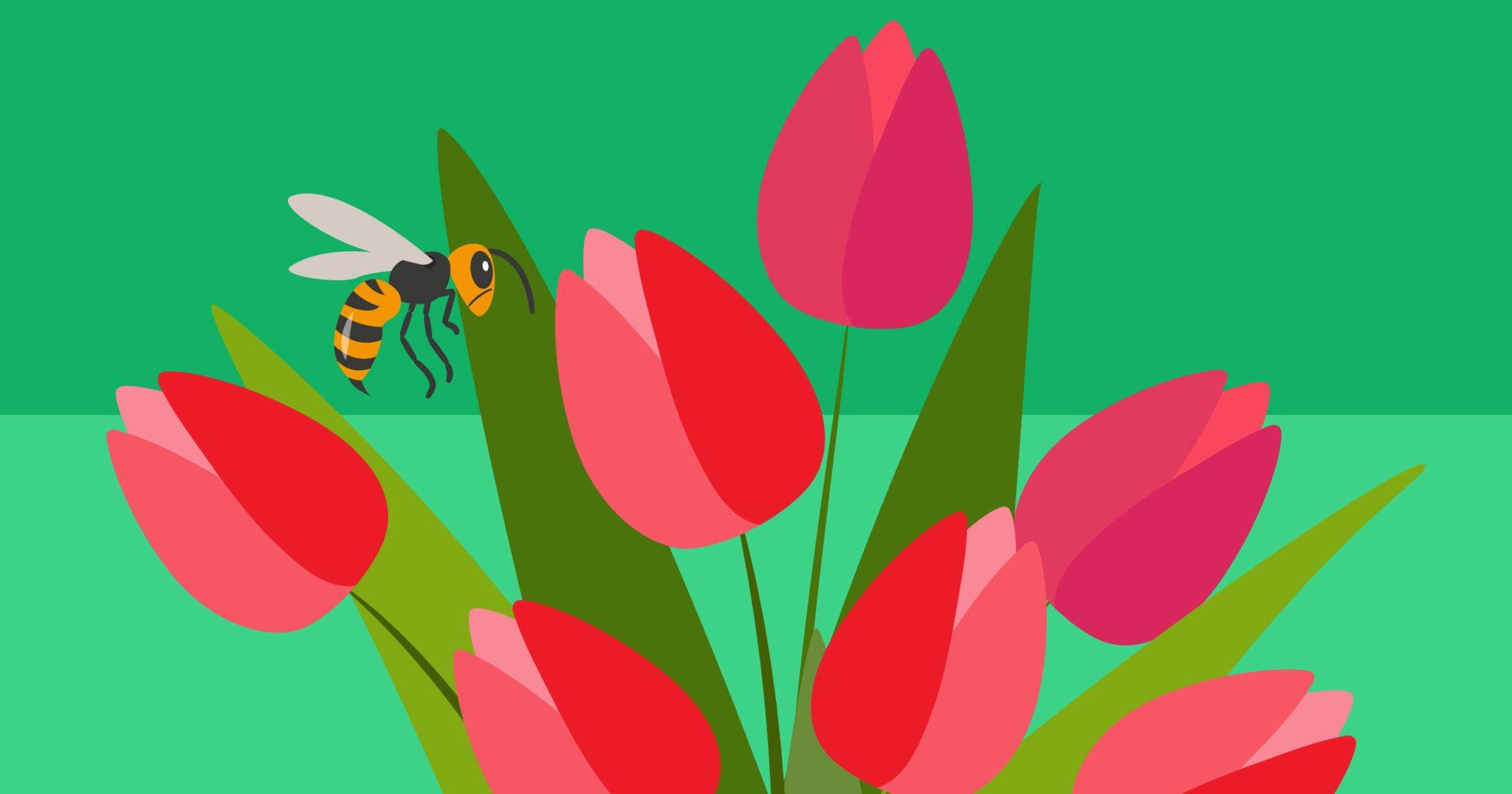
In order to answer why wasps are attracted to your garden, we need to look at the bigger picture: the ecological picture. Wasps are both pollinators and nature’s own pest controllers. Since they prey on other smaller insects, like aphids, they’re actually a positive to have around, despite their poor attitude.
Wasps will naturally be attracted to your garden if you have a lot of plants, seeking both nectar as well as other insects. But aside from this, you could be attracting wasps to your garden without realising. Here are some other things that lure wasps to your space:
- Leftover food and drink outside
- Fruit from trees that falls and then rots
- Brightly coloured plants or flowers
- Bright outdoor lighting
- Dirty or open bins
What do wasps hate the most?
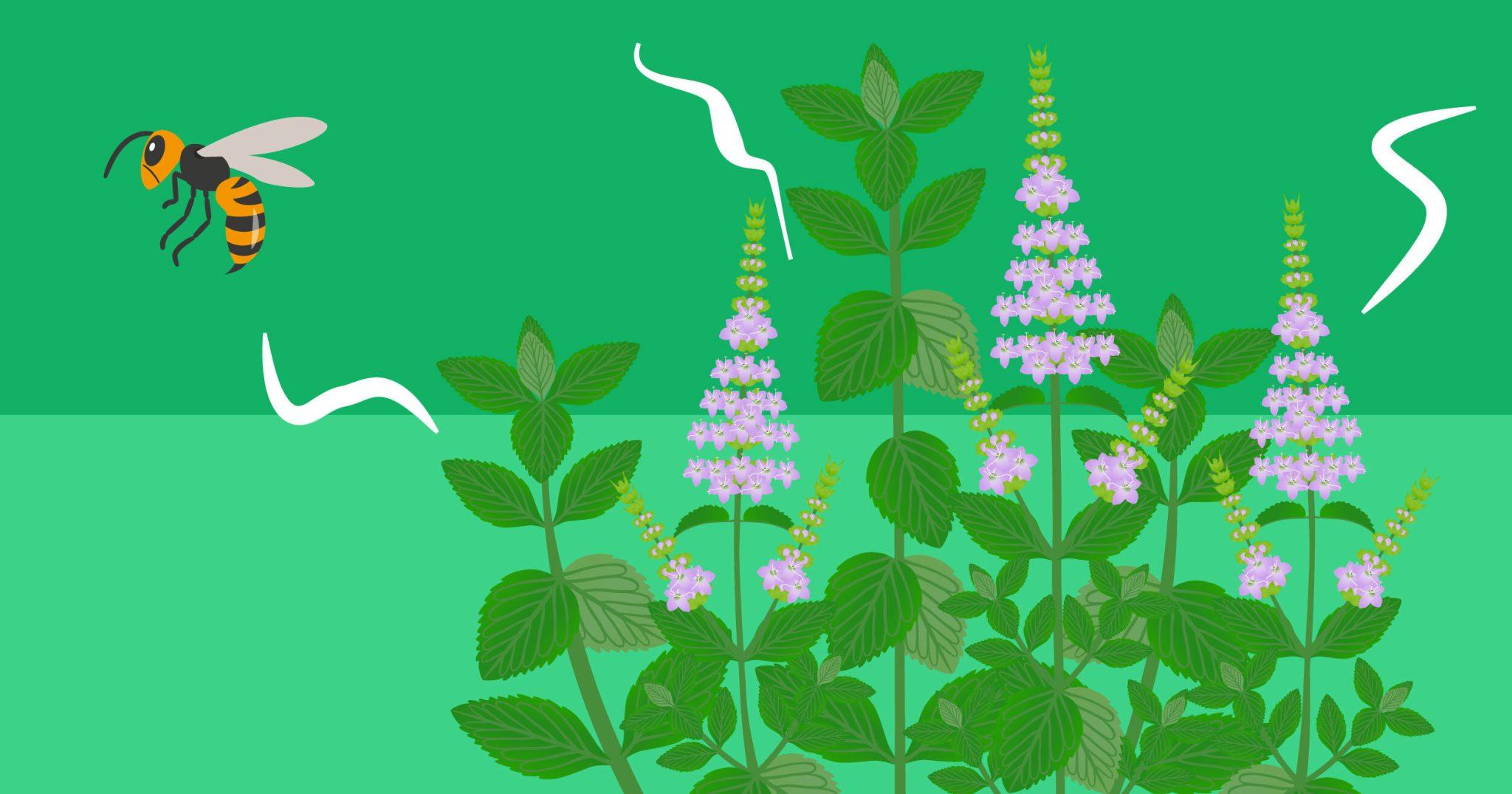
Just as there are things that wasps are naturally attracted to, there are also things which they dislike. Armed with some of the following, you can try to deter wasps from your garden, or at least certain areas of it, to bring you some peace:
- Peppermint oil – Strong, fragrant herbs and essential oils have been shown to put off wasps. They dislike peppermint so spraying your patio area with this scent or keeping plenty of herbs around will help to steer them away from you.
- Citronella candles – A candle left outdoors may not be effective enough by itself, but citronella (or even lemongrass) is another scent that wasps appear to hate. Light enough of these candles and, combined with our other tips, you might just have an impact on whether wasps choose your garden or not.
- Darkness – Ok, so wasps don’t exactly hate darkness, but they sure do love the lights we put on in gardens after the sun goes down. By sticking to low lighting – either from a fire pit or candles – you might be less inclined to invite wasps over to your seating area.
What should you not do when getting rid of wasps?
What you shouldn’t do when getting rid of wasps is to try and tackle their nest yourself. Sometimes their nest may be in someone else’s garden anyway, meaning there is little you can do, but if it does happen to be on your property, don’t try and remove it or spray it with anything — this will only aggravate the wasps, causing them to become protective and aggressive.
With larger nests capable of housing thousands of wasps, you’re putting yourself in real danger if you attempt to directly attack their home. Multiple stings are likely and this can put anyone allergic to them in serious danger.
You can read more about the periods at which wasps are most active in our previous piece to learn more about their behaviour.
Should I leave a wasp nest in the garden?
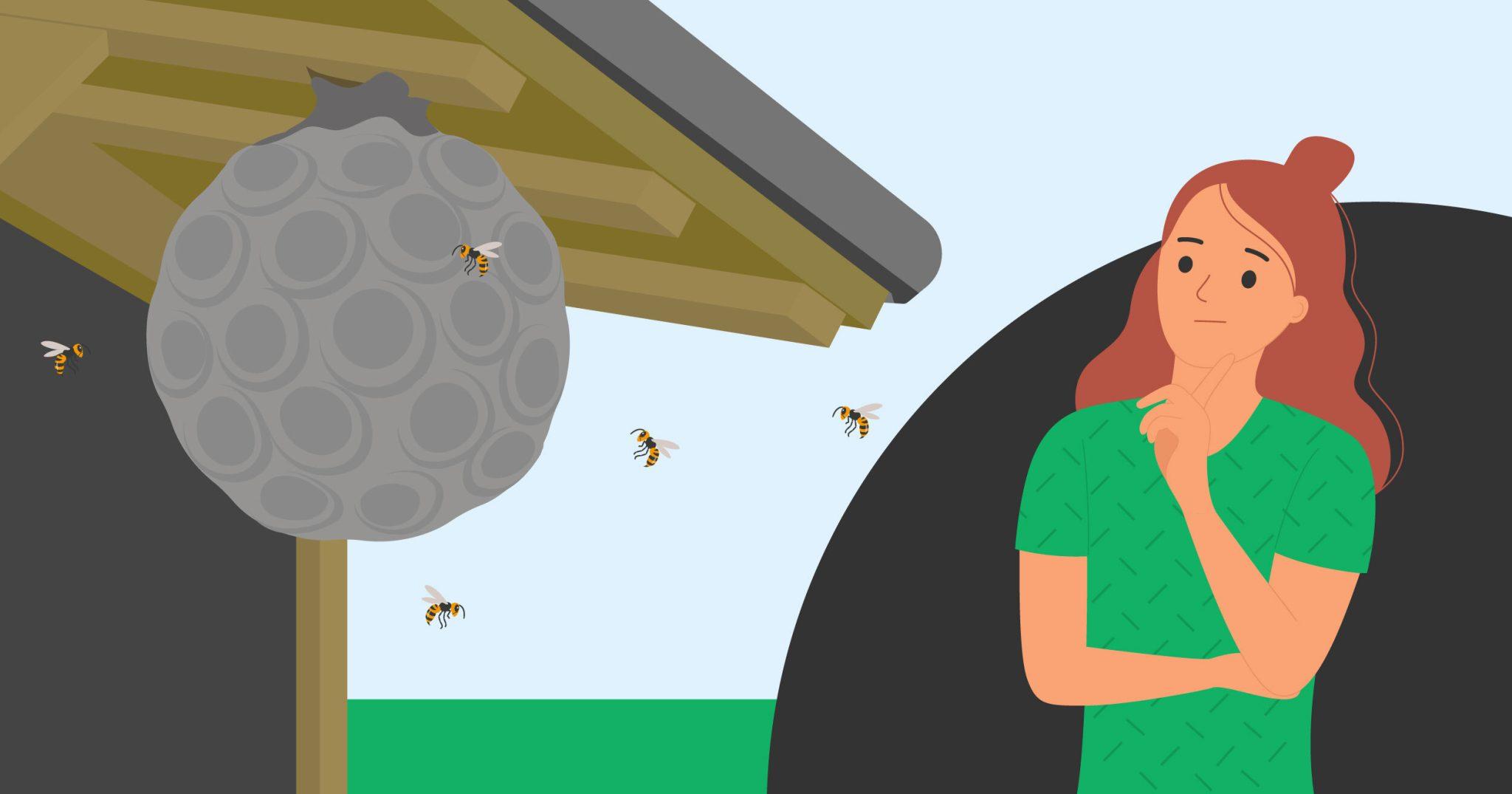
The truth is that, unless the wasps from a nearby nest are endangering your children, pets or guests, then they’re best left alone. Wasp nests are often only active for a limited period, so once they’ve died out in late autumn, they’re unlikely to return to the same nest. Again, wasps are actually good for nature, so if you can leave them to their own devices far enough away from you, it’s a positive to have them around.
Get a deeper understanding of the life cycle of wasps in our recent piece.
Of course, if the nest is too close to your outdoor area and wasps are constantly coming after your food and drink and stinging people, then professional wasp nest removal might be your final resort.
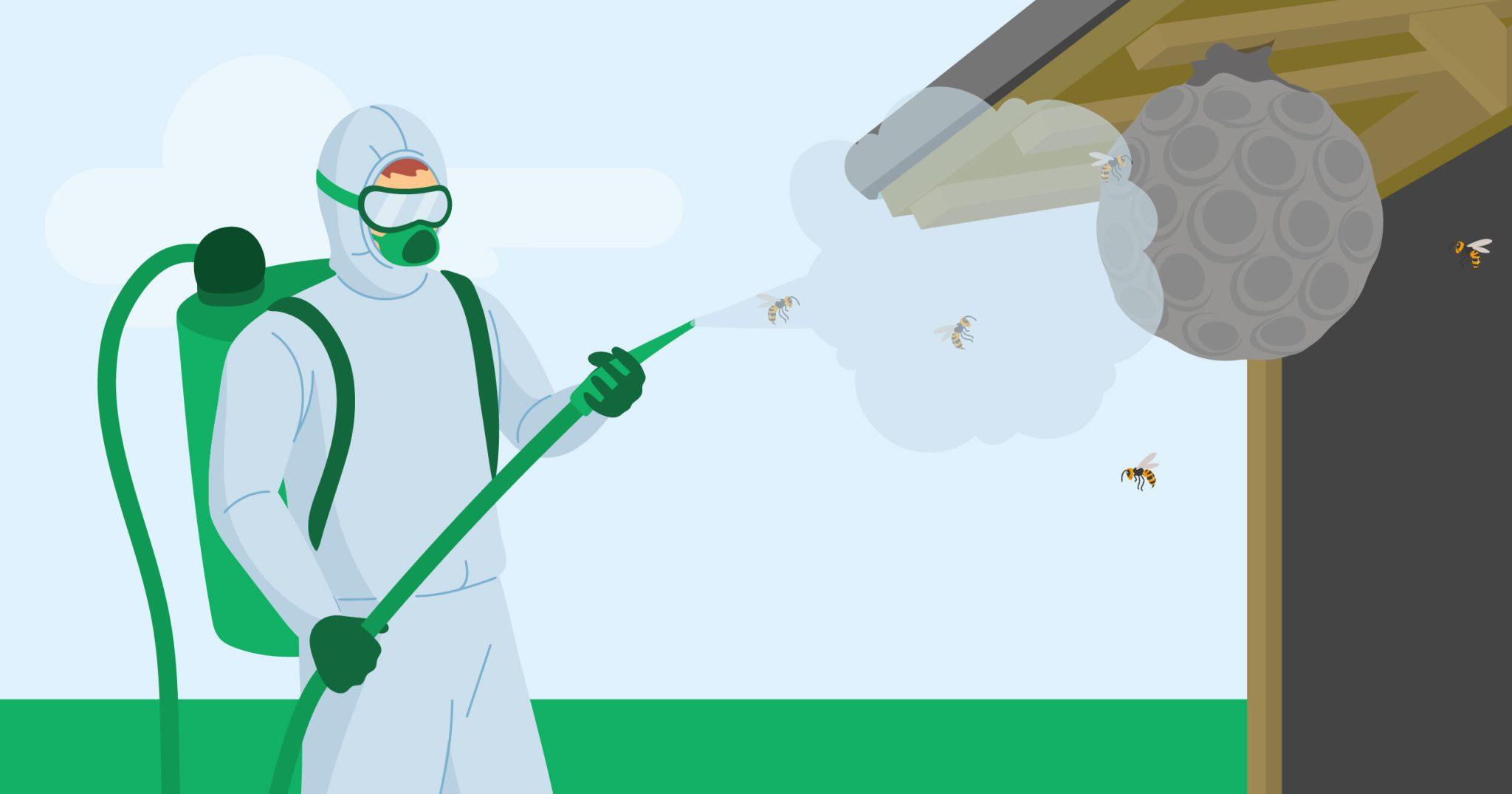
At Pest Defence, we provide expert wasp nest removal for homeowners across Essex and London. We carry out safe and effective removal services for wasp nests so that you can get back to enjoying your garden in peace.
Call today for wasp nest removal or further advice from our team.
